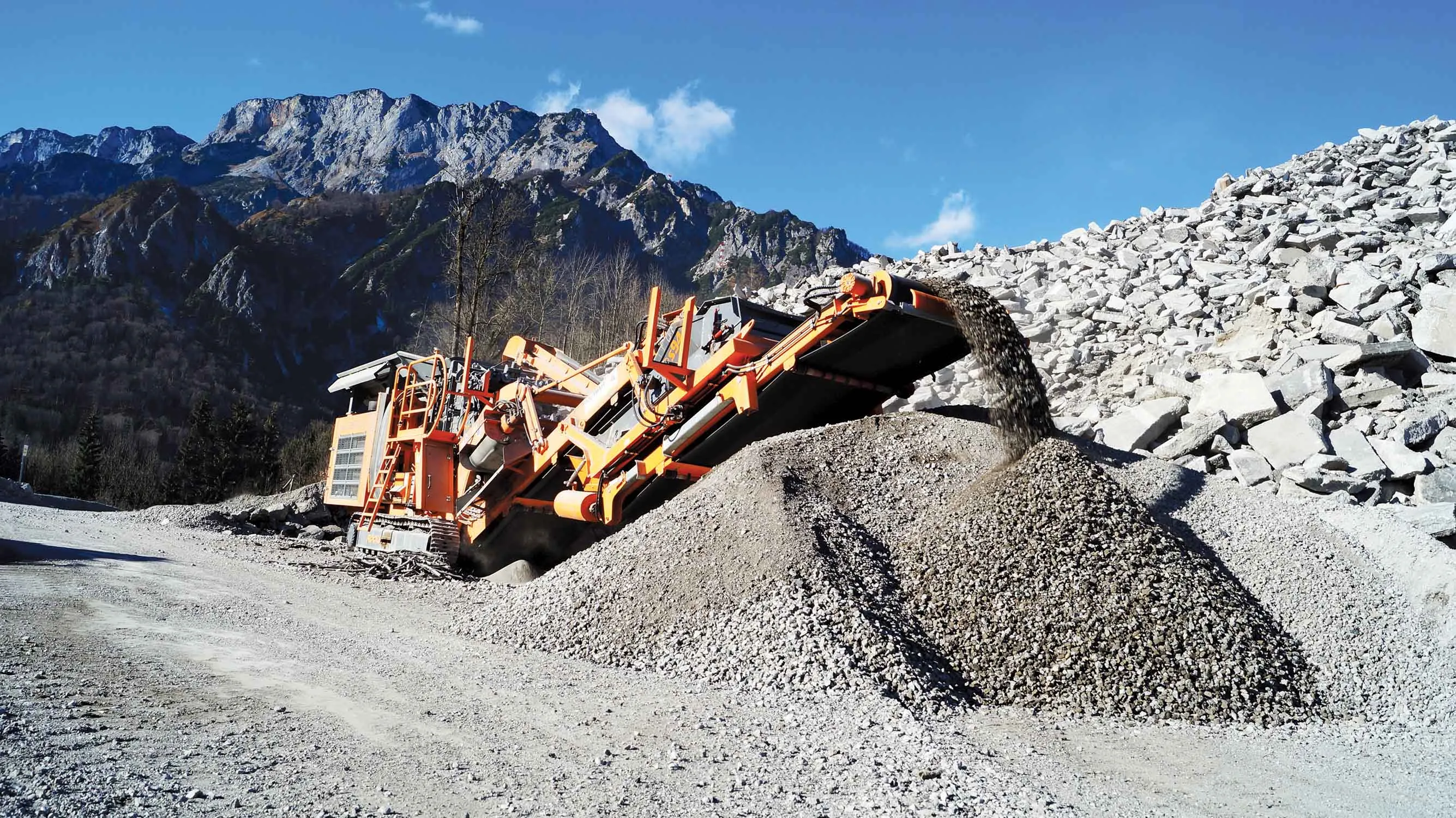Work is continuing to upgrade Chhatrapati Shivaji International Airport (CSIA), India's largest airport in Mumbai, the country's largest city.
The airport is equipped with a cross runway system (primary runway) and (secondary runway), with both intersecting each other at a common point.
As part of the overall master plan for the modernisation of CSIA, Mumbai International Airport (MIAL) is completely reconstructing both the runways to create an efficient airside infrastructure, which is the core of an
April 5, 2012
Read time: 2 mins

Work is continuing to upgrade Chhatrapati Shivaji International Airport (CSIA), India's largest airport in Mumbai, the country's largest city.
The airport is equipped with a cross runway system (primary runway) and (secondary runway), with both intersecting each other at a common point.As part of the overall master plan for the modernisation of CSIA, Mumbai International Airport (MIAL) is completely reconstructing both the runways to create an efficient airside infrastructure, which is the core of an airport. It will bring the runways up to international standards in order to handle the larger Airbus A380s.
The primary runway work is scheduled for completion about now while the intersection between the two runways is closed for reconstruction for four hours, one day a week until March.
As part of the scheme
The crews are only able to complete the project during overnight hours and that "required tight planning and firm schedules. Any breakdown would result in the complete abandonment of plans." Ashwini Infra Developments already owned a Cat PM102, and its previous experience "made the decision to purchase the new PM200 easy." Ravi Goudar, director, AID, said: "Gmmco has been very supportive as a dealer and we are very happy with their service. Hence, when it came to choosing a bigger milling machine we went with a Caterpillar PM200."









